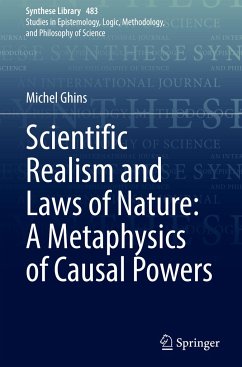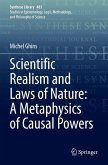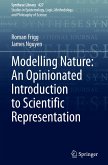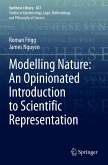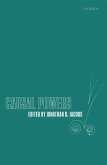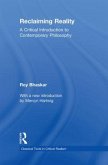This book addresses central issues in the philosophy and metaphysics of science, namely the nature of scientific theories, their partial truth, and the necessity of scientific laws within a moderate realist and empiricist perspective. Accordingly, good arguments in favour of the existence of unobservable entities postulated by our best theories, such as electrons, must be inductively grounded on perceptual experience and not their explanatory power as most defenders of scientific realism claim. Similarly, belief in the reality of dispositions such as causal powers which ground the natural necessity of scientific laws must be based on experience. Hence, this book offers a synthetic presentation of an original metaphysics of science, namely a metaphysics of properties, both categorical and dispositional, while at the same time opposing strong versions of necessitarism according to which laws are true in all possible worlds.
The main theses and arguments are clearly presentedin anon-technical way. Thus, on top of being of interest to the specialists of the topics discussed, it is also useful as a textbook in courses for third year and more advanced university students.
The main theses and arguments are clearly presentedin anon-technical way. Thus, on top of being of interest to the specialists of the topics discussed, it is also useful as a textbook in courses for third year and more advanced university students.

